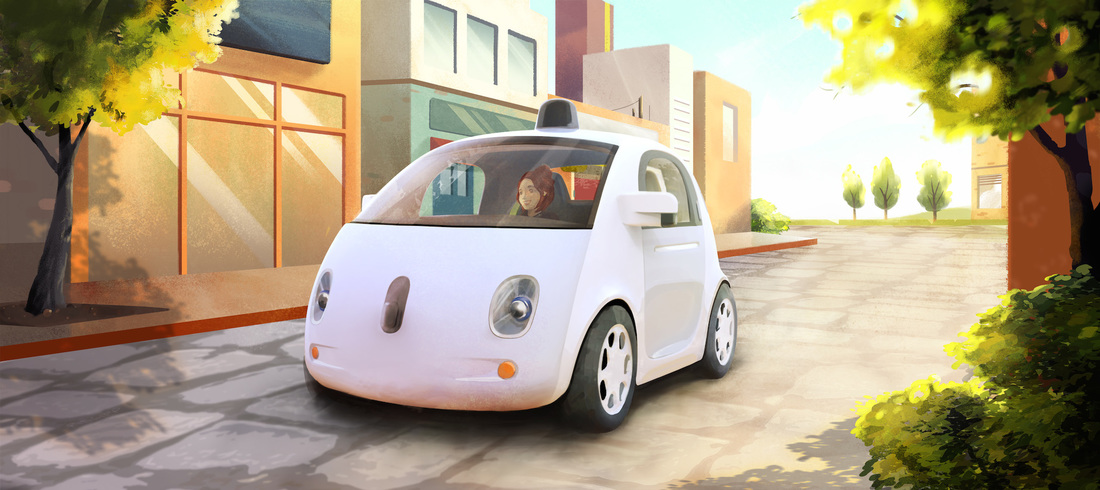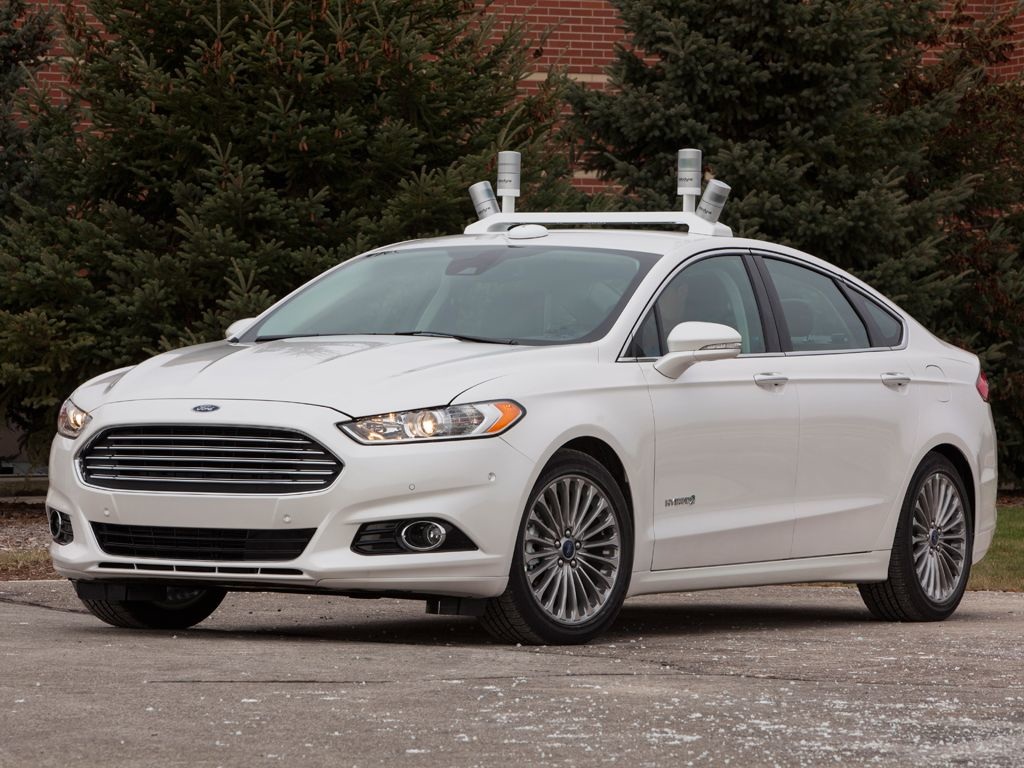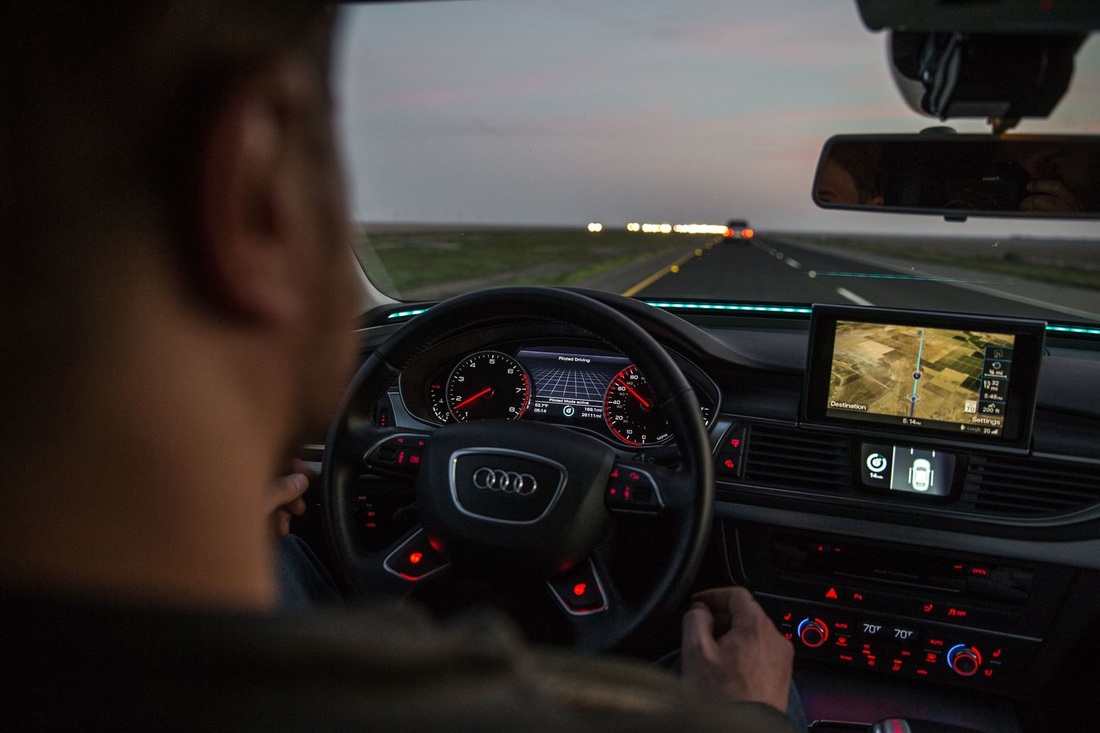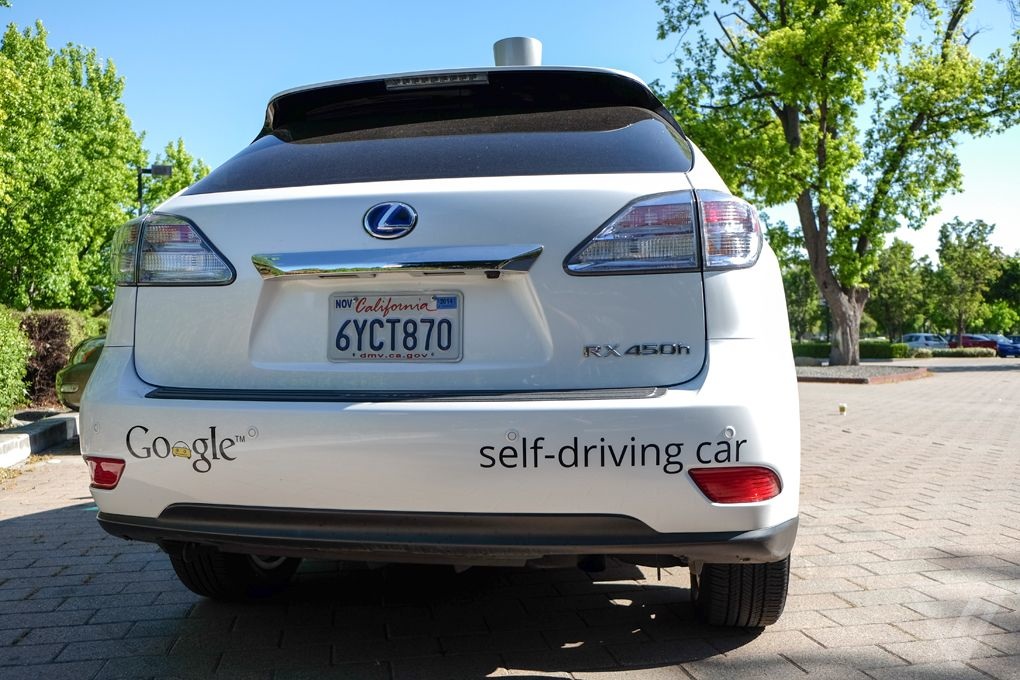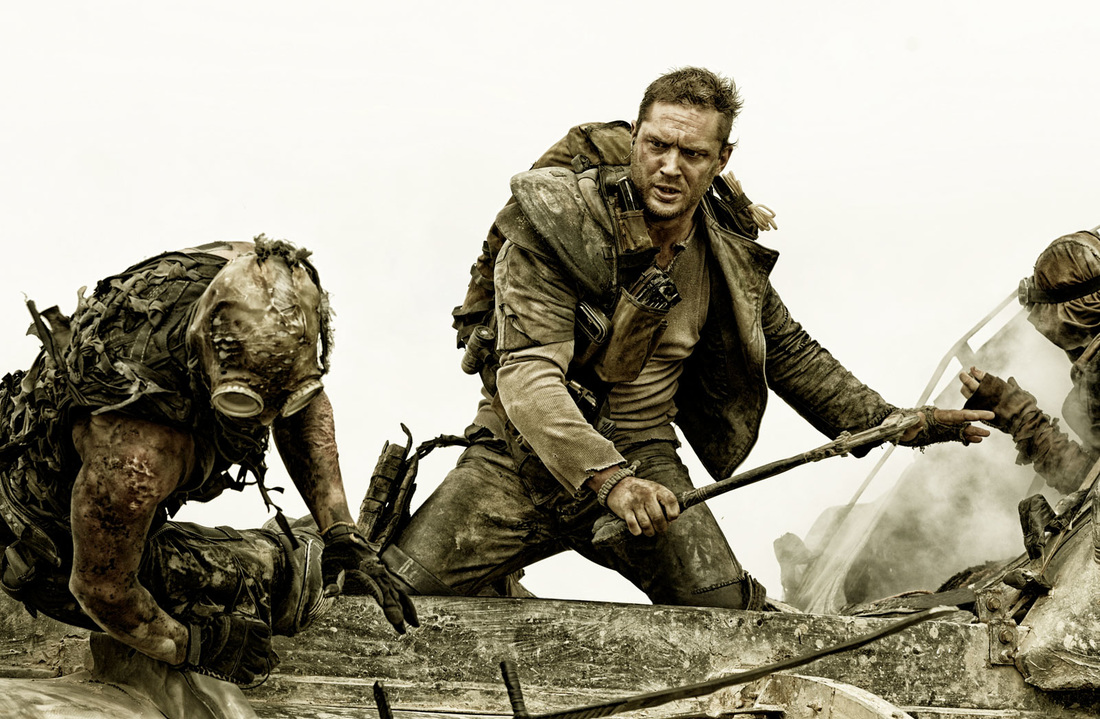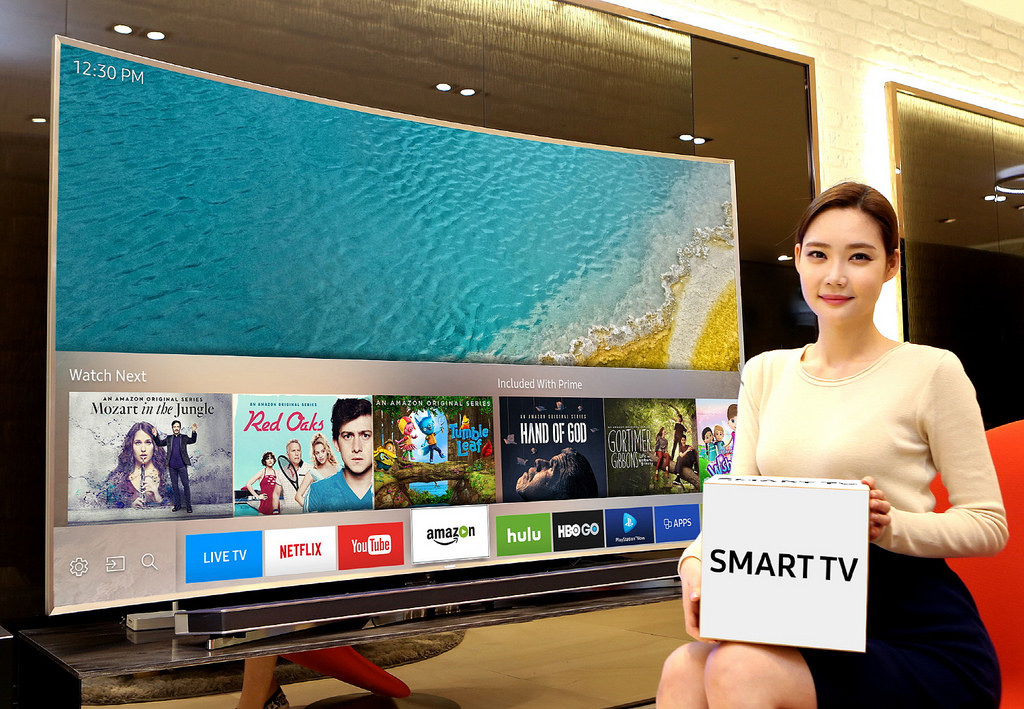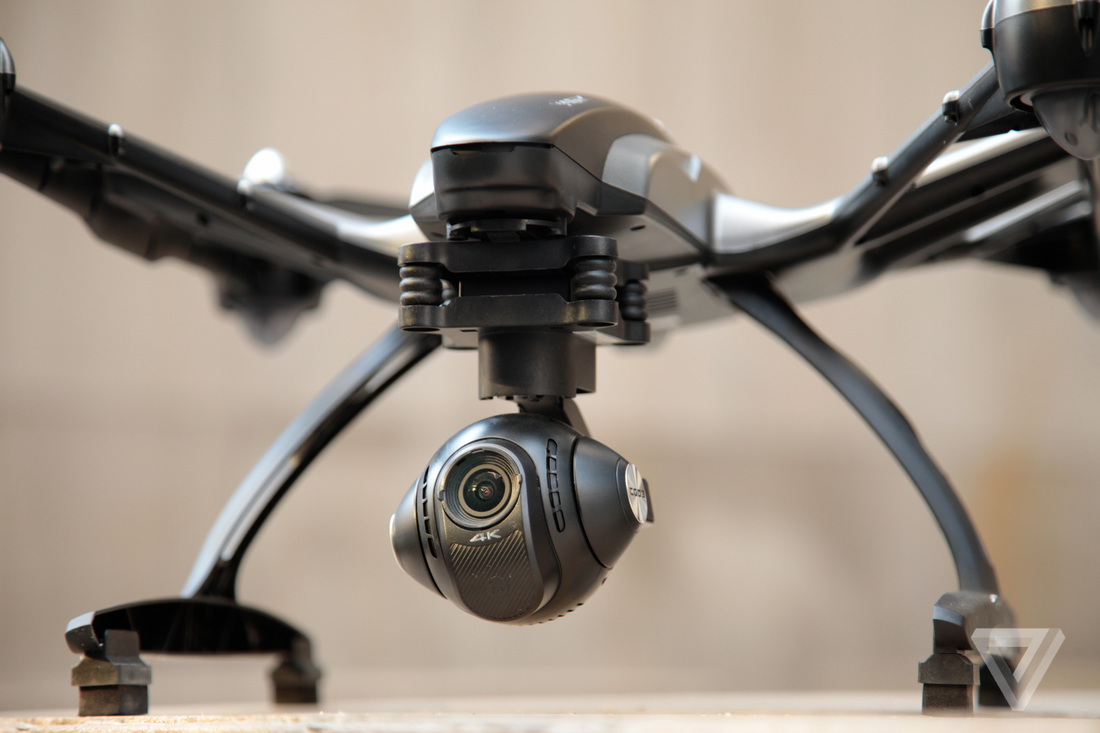Two staffers decided to bring their shouting match to the website.
Fundamentally, why would you want your child to understand less about the world in which he or she lives? It's like arguing that because we have calculators capable of solving algebraic equations, there's no reason to understand algebra. Our roadways are a fundamental part of our lives, and even in an environment where robots are doing most of the driving, it behooves us to understand how those roadways work.
Ben Popper: The argument that technology makes us less self-reliant is an old one. Once upon a time I would have needed to acquire skills to hunt, forage, skin, and cook my own meals. Without pre-fab housing available I would have needed to build my own shelter. Am I less capable of surviving in the wild now? Absolutely. But as technology progressed and civilization advanced, humans were able to forgo those learnings. Are these still valuable things to learn? Absolutely. But we now accept as a society that not everyone should be a farmer or carpenter, while simultaneously acknowledging the value of those crafts.
I don't think it makes much sense to equate driving with algebra. One is a specialized skill that enables you to use a tool. The other is a fundamental set of learnings that enable you to understand and create across a wide variety of disciplines.
As a father, I personally feel exactly the same way Urmson does. Once you have children, your focus is ensuring that they live a life free of unnecessary dangers. While we're a long way from widespread implementation of driverless cars, I think you would agree, Chris, that they offer an opportunity to make traveling by car far safer. Without the drunk, reckless, and distracted humans currently behind the wheel, senseless and tragic deaths could be reduced on a massive scale. That is worth the price of a slightly less self-sufficient society.
I empathize with your plight. You review luxury cars for a living, and that is a very pleasurable and profitable business. I agree that Big Auto won't be quick to relinquish the concept of individual car ownership. But just because something is pleasurable and profitable doesn't mean that it's the best thing for the health of people or the planet. Just ask Big Tobacco.
Furthermore, fully autonomous cars are at loggerheads with the auto industry. The companies pushing hardest on it — companies like Google and Uber — believe in a future where you won't own the car, you'll call it with an app. That's great for city dwellers in a few of the world's densest urban centers, but for everyone else, the notion of having an empty garage is completely foreign, and I don't see an economically viable path to flooding the market with enough driverless cabs to serve rural (and many suburban) households.
BP: I see what you're doing here, which is pointing out the slim chance we'll move to a world of only autonomous cars anytime soon. I agree, there are many obstacles. But we're here to discuss a hypothetical: if we could be in a world of only driverless cars, would we want that world over one where people can still choose to drive? Don't try to deflect the debate into the weeds.
Your point about how safe cars are getting with semi-autonomous technologies only makes my case. Let's go all the way with these features and take the element most prone to error out of the equation!
LET'S GO ALL THE WAY WITH THESE FEATURES
Your argument about the pharmacy reminds me of another problematic business: the gun industry. Whenever technology like smart guns is proposed, the industry counters that people don't want to be stuck in a dangerous situation with a gun that could potentially fail to load. Perhaps there would be edge cases where having your own car would save your life, versus waiting a short time for the driverless vehicle dispatched by Uber or Google. But in aggregate I can't imagine that we won't save far more lives by eliminating all the human error on the road, a toll which every year far outweighs the number of lives claimed by guns.
And your point about being able to relax and take in your environment with an autonomous car sounds like something a New Yorker might say. Bear in mind that an overwhelming majority of the "ban manually driven cars!" noise is coming out of New York and the Valley; one is dominated by anti-car culture, the other by a never-ending drive for technology and efficiency. Not every place is New York or Silicon Valley. I don't think folks in Omaha or Peoria or Albuquerque are clamoring to replace their cars with automatons so they can finally escape the horrors of gridlock.
Although it feels like we're far off here, I think we're actually pretty close to finding middle ground: I'm saying that manually driven cars will be effectively as safe as self-driving cars within a few years, thanks to sensors, software, and mandates like vehicle-to-vehicle (V2V) communication. The roadway of the future will be a mix of both kinds of vehicles, and we need to accept that not every aspect of our lives is legislated for absolute maximum efficiency and risk elimination at all costs. (I can probably rattle off 50 things that wouldn't exist in the United States or would be dramatically different if that were the case.) In light of that, give your kid the best possible chance to succeed by getting them a driver's license — then let them decide whether to use it.
BP: You're equating learning to drive with acquiring a character-building skill and increasing self-reliance. Both those things are true. But if I learn to play the piano or carry a Leatherman around, I'm not likely to accidentally kill myself, or someone else. I'm not contributing to the rapid global warming upending our planet. Individual car ownership, as a fundamental piece of our civilization, is far more damaging than it is enriching when compared with the (admittedly idealized) world of shared cars driven by computers.
I'm sure some people who live outside cities find owning a car necessary and far less frustrating. Anyone who needs a truck to go over rough terrain or haul logs out of the mud should be allowed to own a manual vehicle. I feel the same way about anyone who wants to own a gun to fend off predators threatening their flock or to hunt for food, even sport. But I think we should by and large ban most dangerous guns, because the statistics show you're actually less safe, not more, when you own one.
I empathize with your position because I have recently developed my own vehicular love affair with the drone. I am just starting to get good at flying. Drones meanwhile are increasingly capable of flying themselves. I'm sad that there will be little good reason for me to fly in the future, since it would be safer and more effective to capture footage with a drone that flies itself. Ironically I even wish that my son was older, so he could learn how to fly before autonomous navigation becomes the norm.
HUMANS WILL STILL RACE CARS FOR FUN
And don't worry. You've got decades to establish yourself as the preeminent auto industry journalist and test out hundreds of ridiculous and expensive cars before the transition to a mostly driverless society is complete. Hell, the swan song of a cultures often manifests itself as a period of ostentatious excess. I expect car manufacturers, eager to keep us from switching to the safer, cheaper, but far plainer vehicles from Uber or Google, will outdo themselves over the next 20 years. Let's enjoy the ride, while it lasts.
